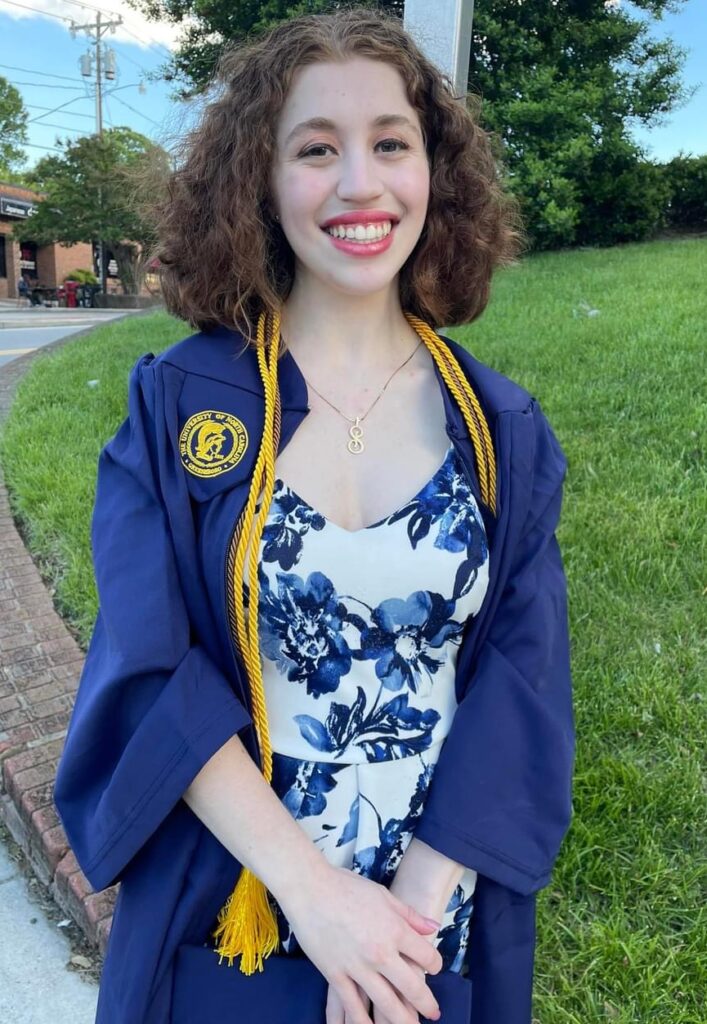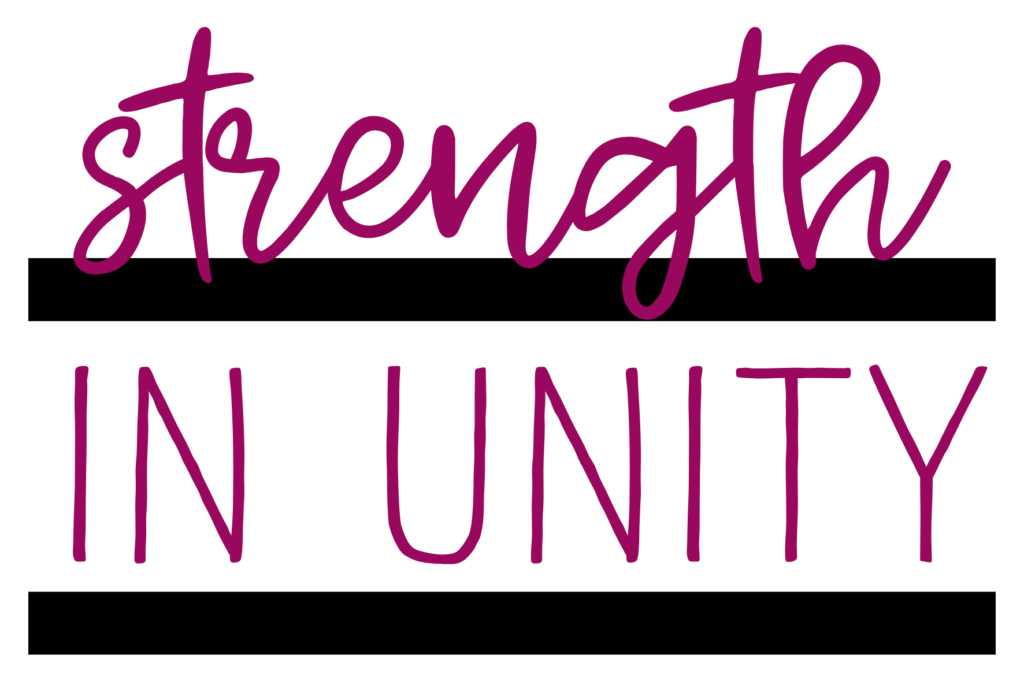Articles College in the Wake of Corona (4/2/20)
by Jenna Leopold Shulman
This article was originally published in eJewishPhilanthropy.com.
As the week of March 9, 2020 began, life as we previously knew it began to move to a slow halt. While the rest of our country grappled with major decisions about whether to keep our businesses open, how to interact virtually with employees and what “social distancing” even meant, our country’s universities were the very first institutions to make the difficult decisions to simply shut down.
For students in college, this felt like a jarring decision. Not only did it come with little time to prepare, but for many it meant working out challenging details including how to get home, where to store belongings (and for how long), giving up necessary jobs, and figuring out how “distance learning” would become the new norm – especially for those with particularly hands-on majors involving laboratories, internships, fine arts and more. Not to mention the social difficulties of suddenly having to leave friends, professors, and even romantic relationships … particularly for college seniors who had to face the painful realization that college life had ended. No graduation, no final goodbyes – as far as college goes, this was it. It’s no wonder that we’re already hearing about the escalating stress and anxiety levels of college students, now at home.
In the wake of Corona, many universities have generously begun refunding partial tuition to students and have helped make arrangements for them to get home safely or store their belongings. Colleges have quickly embraced distance learning and professors are working hard to ensure that they can offer as much as they possibly can online. Even with all of these measures, however, there is the fear that students will not receive the preparedness that they need – and certainly not the experience they signed up for.
Haley Rosenthal, a junior musical theatre major at Boston Conservatory at Berklee, had to quickly make it home to Sarasota, FL. As a performance major, Haley explains that online school has been incredibly difficult so far. “Singing, dancing, acting, music are not meant to be done online … and I don’t have access to the beautiful facilities I had when I was in Boston. I have no in-person interactions when it comes to scene work and the lag is difficult to adjust to when it comes to dance and singing. However, I am keeping a positive attitude and trying to learn as much as possible and do the best I can.”
Also in the wake of this pandemic, the cost of college has become a tricky topic. On the one hand, it may actually cost less to live at home and learn digitally – but on the other hand, are universities prepared to charge discounted tuition and fees to students who are taking the same course load virtually vs. in person? What about students who are locked into long-term leases at college or have already paid into meal plans that were costing them less to eat per day than staying home? And – thinking ahead – high school seniors are starting to make decisions about where to attend school next fall, those decisions are impacted by the fact that families are now struggling financially due to the outbreak.
In these uncertain times, one thing is certain – college may still be among the best “life phases” to be during this pandemic. Teachers and professors have stepped up to be heroes for our students during this time of need, financial aid still exists and while certainly not ideal, college may actually provide a cushion and is better than being subject to an even more difficult workforce – which now revolves around lay-offs, furloughs and reduced salaries in industries widespread.
There is no doubt that the Corona pandemic is very uncertain and will change our worlds forever, forcing us to change many habits, some even for the long term. But one thing that remains certain – education is still paramount to overcoming many of life’s obstacles. And no matter where we are this fall, the degrees earned during this precarious time will forever be a sign of triumph. Even if we have to accept our degree digitally.
Jenna Leopold Shulman has been the Chief Executive Officer of JELF (Jewish Educational Loan Fund) since 2014. JELF provides interest-free, last dollar loans for higher education to Jewish students with demonstrated need. A graduate of Emory University School of Law, as well as the University of Florida, Jenna is originally from Miami, but has been residing in Atlanta since 2001. To learn more or take advantage of JELF’s interest-free financial aid now, please visit jelf.org.










